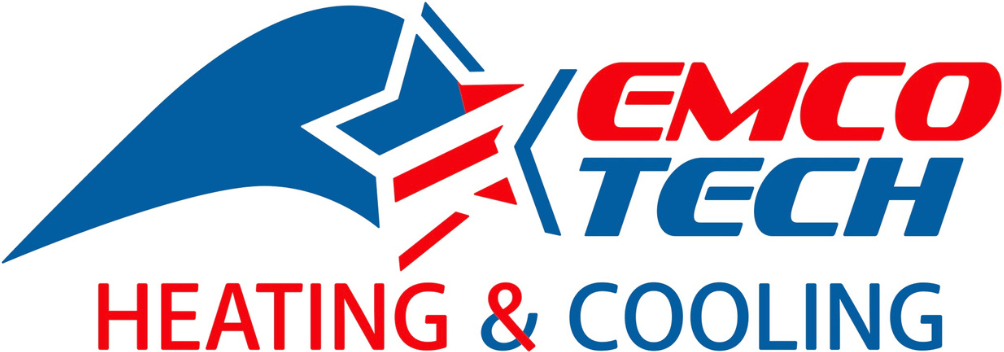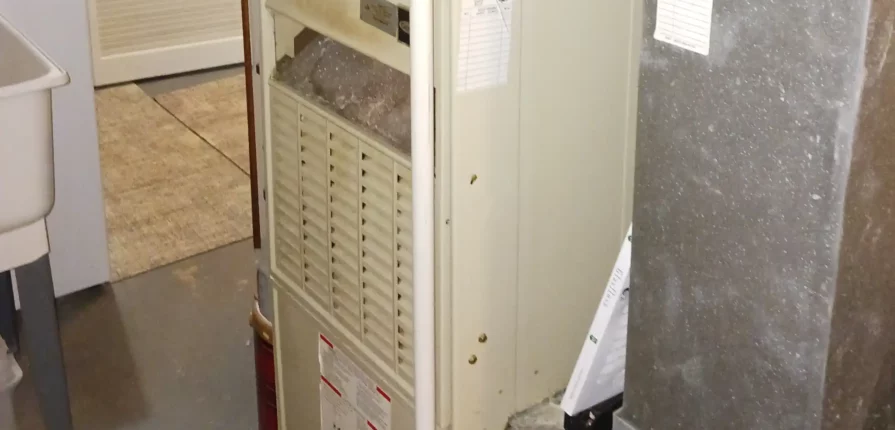In the Philadelphia area, as the temperatures drop, residents are turning on their HVAC heating systems for the first time this season. However, it’s surprising for some people to find out that their heater is blowing cold air.
Expert Advice on How to Diagnose and Fix a Cold Air Problem with Your Heater
As the autumn chills set in, the residents of Philadelphia are now switching on their HVAC heating systems for the first time this season. These heating systems are designed to regulate indoor temperatures, ensuring that homes remain warm and comfortable even in the coldest of weather conditions. This practice not only provides comfort but also helps to maintain good air quality by circulating fresh air throughout the house. We completely understand how important it is to keep your heating systems running efficiently and effectively for a long time. Hence, we offer regular maintenance and servicing that can help you achieve just that.
Troubleshooting Guide: Tips to Identify and Fix the Most Common HVAC Heating Issues
Check the Thermostat
The thermostat works as a control device that signals your HVAC system to ignite the heat when your home reaches a specific temperature, which you set beforehand. If you are experiencing an issue with your HVAC system, it could be that the thermostat is the culprit. The solution to your problem may be as simple as replacing the device’s batteries.
It is important to ensure that your thermostat is compatible with your HVAC heating system and set to ignite and maintain your household heating effectively. Do you know if your thermostat is set up correctly?
Check the Airflow
To determine if there’s proper airflow in your heating system, check if the air vents are blowing air. If you’re not getting any air, it could be due to a clogged air filter restricting airflow and triggering a safety sensor, causing the unit to shut down. Another possible cause could be the supply or return ducts being obstructed by furniture or closed, which can also trip the same sensors and stop the heating system from working.
Check Your Fuel Source
Do you know what type of fuel your heating system uses? Is it gas, oil, or electricity? If it runs on oil or propane, it will need to be refilled periodically from a tank. It’s possible that your heater isn’t working because it has run out of fuel.
Typical HVAC Heating Equipment Issues
If you’re one of those fortunate people with access to gas service, you can benefit from the most dependable and cost-effective heat source for your home or office heating system. However, even the best natural gas or propane systems can experience issues with the flame detector, gas supply, air filter, pilot light, or condensate line.
Oil furnaces may cost less than gas furnaces, but gas prices are subject to fluctuations. If you have an oil-based HVAC system, you may encounter several problems related to the oil tank being empty, a control board glitch, overheating due to dirty filters, an extinguished pilot light, a faulty valve or thermocouple (a sensor that controls ignition and the gas valve), leaking ducts, compromised flame sensor, or a dirty oil burner.
Heat pumps that run on electricity use outdoor units to provide both heating and air conditioning. These units rely on a reverse cycle of freon to produce heat when the outdoor temperature is above freezing. If the temperature drops below freezing, the unit employs an electrical spiral. As a result, it operates like a centralized space heater, to provide auxiliary heat. Heat pumps can experience a range of issues, and they may fail to start for various reasons. In the event of a malfunctioning heat pump, we strongly suggest seeking the assistance of an HVAC/R technician.
Common HVAC Issues That Making Heater Blowing Cold Air
- Be cautious of fire as it could indicate that your ignition is not functioning properly and may fail to start.
- If your thermostat is broken, then your heating system will not turn on.
- By identifying the issues with a circuit control board, we can pave the way for a more efficient and reliable heating system.
- An empty fuel tank – your fuel source has run out!
- When the furnace temperature rises to a dangerous level, a safety mode is triggered to prevent further heating.
- A faulty main limit switch may cause the furnace safety cycle to activate incorrectly.
- If you have a cracked heat exchanger, it’s essential that you take immediate action to protect your household from carbon monoxide poisoning. This is a serious issue that requires urgent attention to ensure the safety of everyone in your home. Don’t delay in seeking professional help to fix the problem and safeguard your family’s health and well-being.
- Restricted airflow caused by dirty air, clogged evaporator coils, or air vents can lead to system faults. Also, poor ventilation, and air pollution.
- Obstructed airflow.
EMCO Tech Heating and Cooling: If Your Heater is Blowing Cold Air – HVAC Services
If you have checked your thermostat, airflow, and fuel source and cannot identify the problem with your HVAC system, you may need the help of a professional HVAC technician.
EMCO Tech provides HVAC heating system services in the greater Philadelphia area. You can schedule your appointment online HERE. Additionally, you can call our home offices (215) 366-1001 or use our online contact form.
Post Modified:


